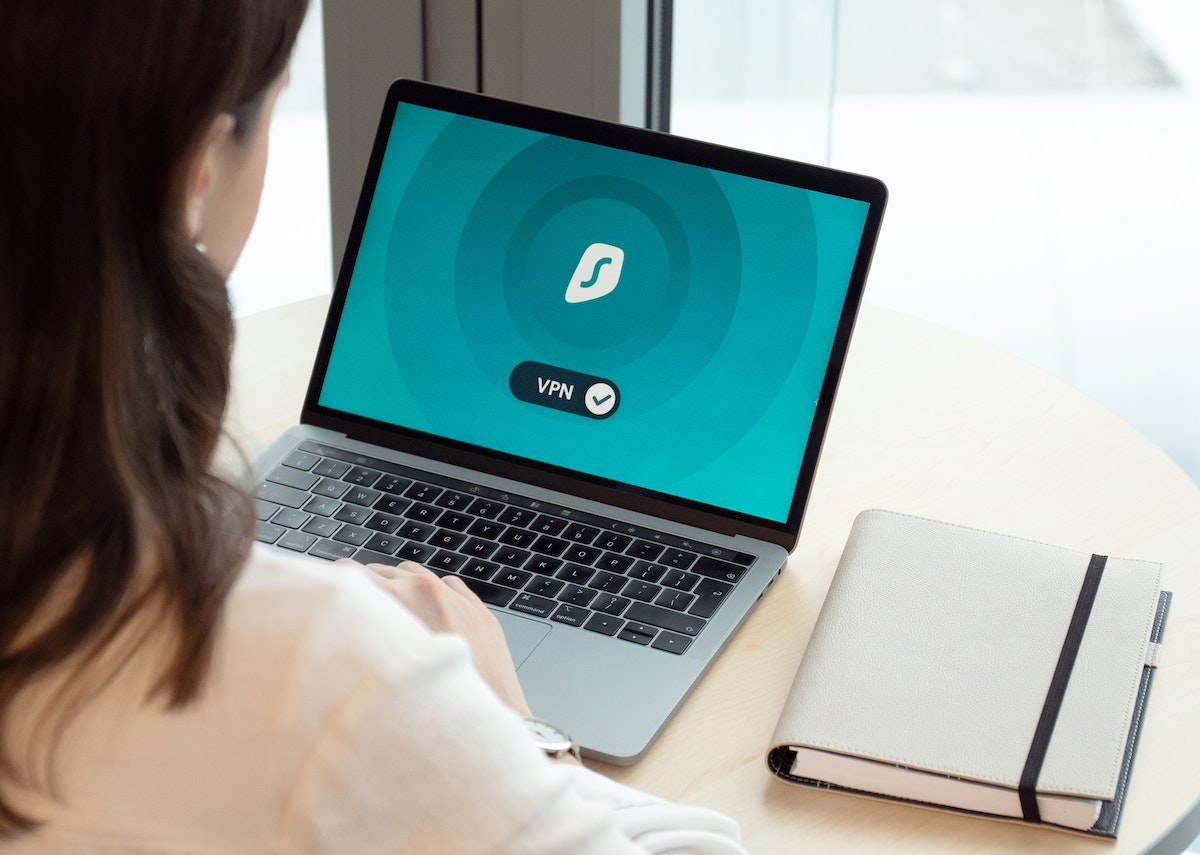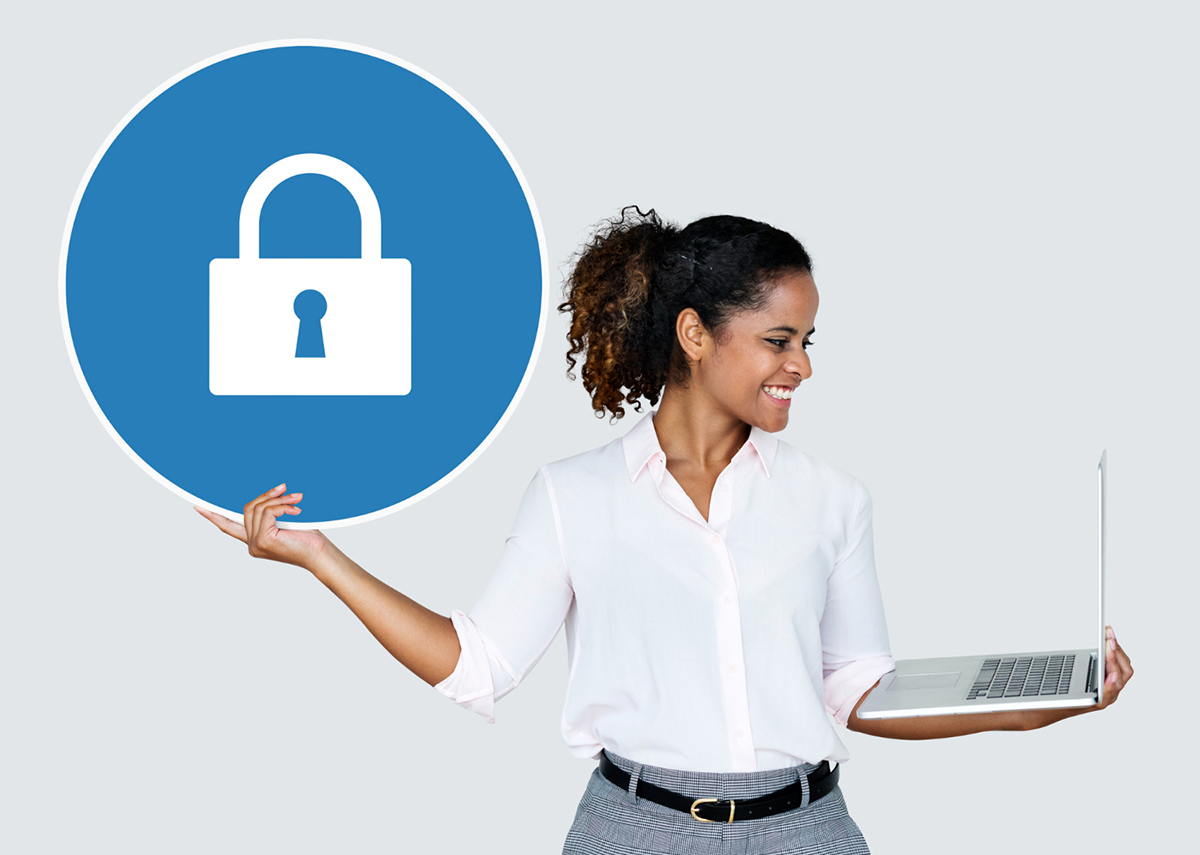Why Data Security Matters To Everyone
Share

Digital technology is an essential part of life. It plays a big role in everything from online shopping, net banking, business to government (B2G) infrastructure. Although digitization offers multiple benefits, cyberattacks are still a black spot. In recent years, we have witnessed several sophisticated cyberattacks, some of which could have been prevented with the efficient use of data security.
What is information security?
Information security is the process of protecting essential data from corruption, loss or compromise. It is also referred to as electronic information security, IT security or data security. It is possible to secure data with various software and hardware technologies. Antivirus, firewalls, encryption, two-factor authentication, updates and software patches are some common tools used for this.
Why it is important for you?
Several people have this misconception that cyber-perpetrators only target the big organizations, businesses and governments. IT security is not only important for governments or businesses. Your personal computer, mobiles and tablets could also be targeted by cyber-eavesdroppers. Generally, common users are a target because of their sensitive data, like credit card details, passwords, and banking information.
Cybersecurity has to be seamless and thorough for everybody, whether you are a business user or an individual. The Center for Strategic and International Studies (CSIS) estimates that cybercrimes cost the international economy more than $400 billion per year.
Cyberattacks and data breaches will increase over time as computer networks expand – cyberattacks are becoming better and bigger each day.
How Can One Be Affected?
Your data can be affected by a number of things, including phishing attacks, ransom ware attacks, malware attacks, and man-in-the-middle (MITM) attacks.
What You Need to Do
Remember, the awareness you have about these things is going to be your security. Here, we share the important practices you should incorporate in order to safeguard your data from hackers.
- Do not click on a spam, suspicious or a phishing email. Check or verify a link or an email carefully before you open any attachment in it.
- If something appears scarcely believable, then it perhaps is so. Do not fall victim to offers, like “Congratulations! You just won a million dollars. Just open this attachment to claim your prize money today”.
- Do not download any pirated application or software program.
- Never download fake security applications.
- Use firewalls and/or antivirus programs.
- Never make an online transaction if the site is an unsecured one. Check for green address bar or HTTPS before making a payment or entering any sensitive information.
- Use two-factor authentication.
- Avoid sharing your sensitive or personal data to strangers.
Crimes such as phishing only take a short amount of time. There have been countless cases of someone calling the target under the guise of a company executive to steal the latter’s information. Say if you give away your bank password or OTP or something similar to these callers, you could be drained.




